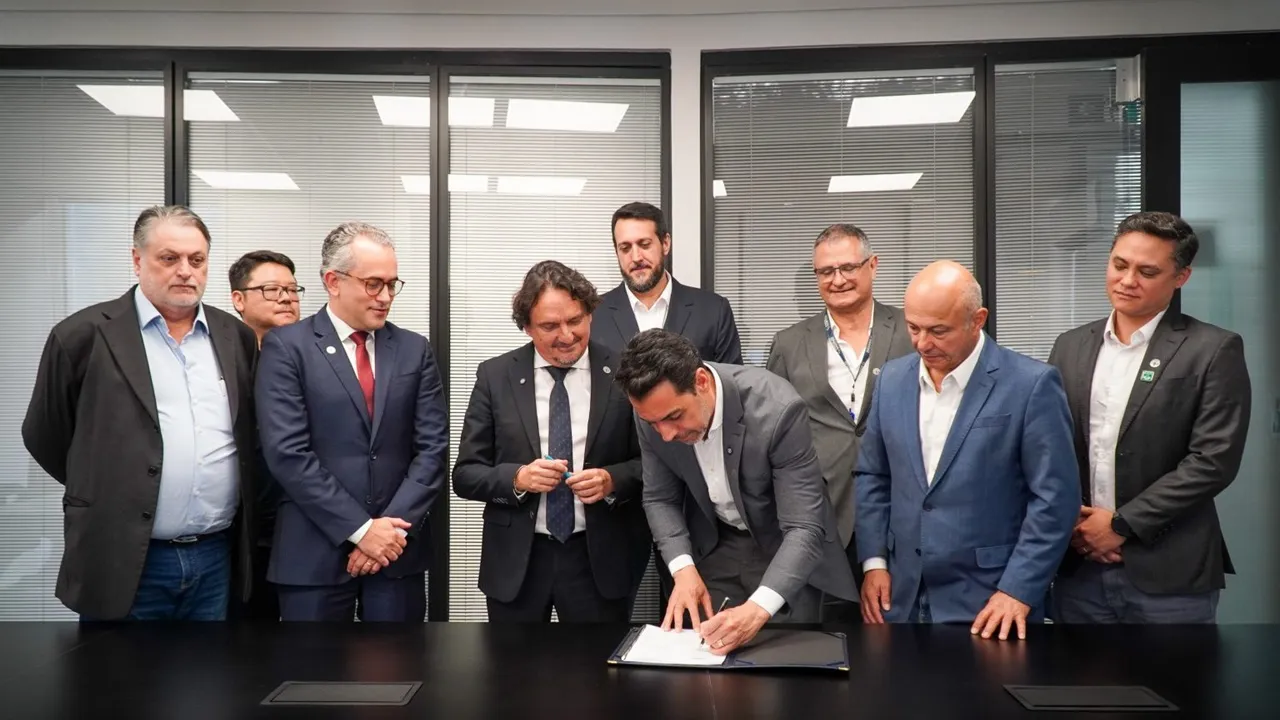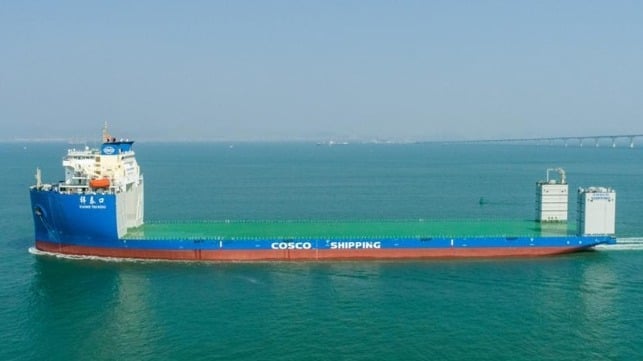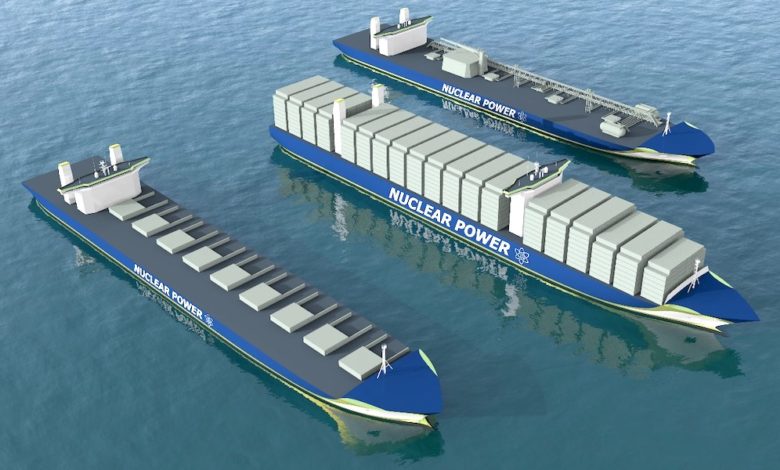Seatrade Maritime: Port of Santos to develop decarbonisation and energy plans
The Port Authority of Santos (APS) has signed a contract with Spain’s Fundación Valenciaport to develop a Decarbonisation Plan and an Energy Master Plan (PDE) for the Brazilian port.
The contract stipulates that these studies must be delivered within 22 months. The contract with APS involves total funding of $600,000.
The decarbonisation programme aims at establishing guidelines and targets for eliminating polluting emissions from operations throughout the Baixada Santista port complex, which includes the activities of both the APS and the maritime terminals, the ships operating in the area and rail and road transport modes.
The Energy Master Plan will outline the guidelines and actions for the Port of Santos to transition from fossil fuels, which generate high CO2 emissions, to increasingly cleaner energy sources. The plan will detail how the port complex currently consumes energy, showing the amount of each type of energy used by the port and what will be needed to operate more sustainably in the future.
“These are two agendas that will be implemented in an innovative way at the Port of Santos. This is a very important contract, as it will provide effective solutions for the port’s energy transition in the future,” emphasised APS President Anderson Pomini.
The development of these plans is being carried out by the Valenciaport Foundation, a research centre attached to the Port Authority of Valencia (APV).
“It is an internationally recognised institution for implementing energy transition solutions and planning the port sector for the use of renewable energies in the future,” said Pomini.
The Valenciaport Foundation has developed projects in more than 60 countries, mainly in the Mediterranean region, Europe, Asia and Latin America.
Related Posts




